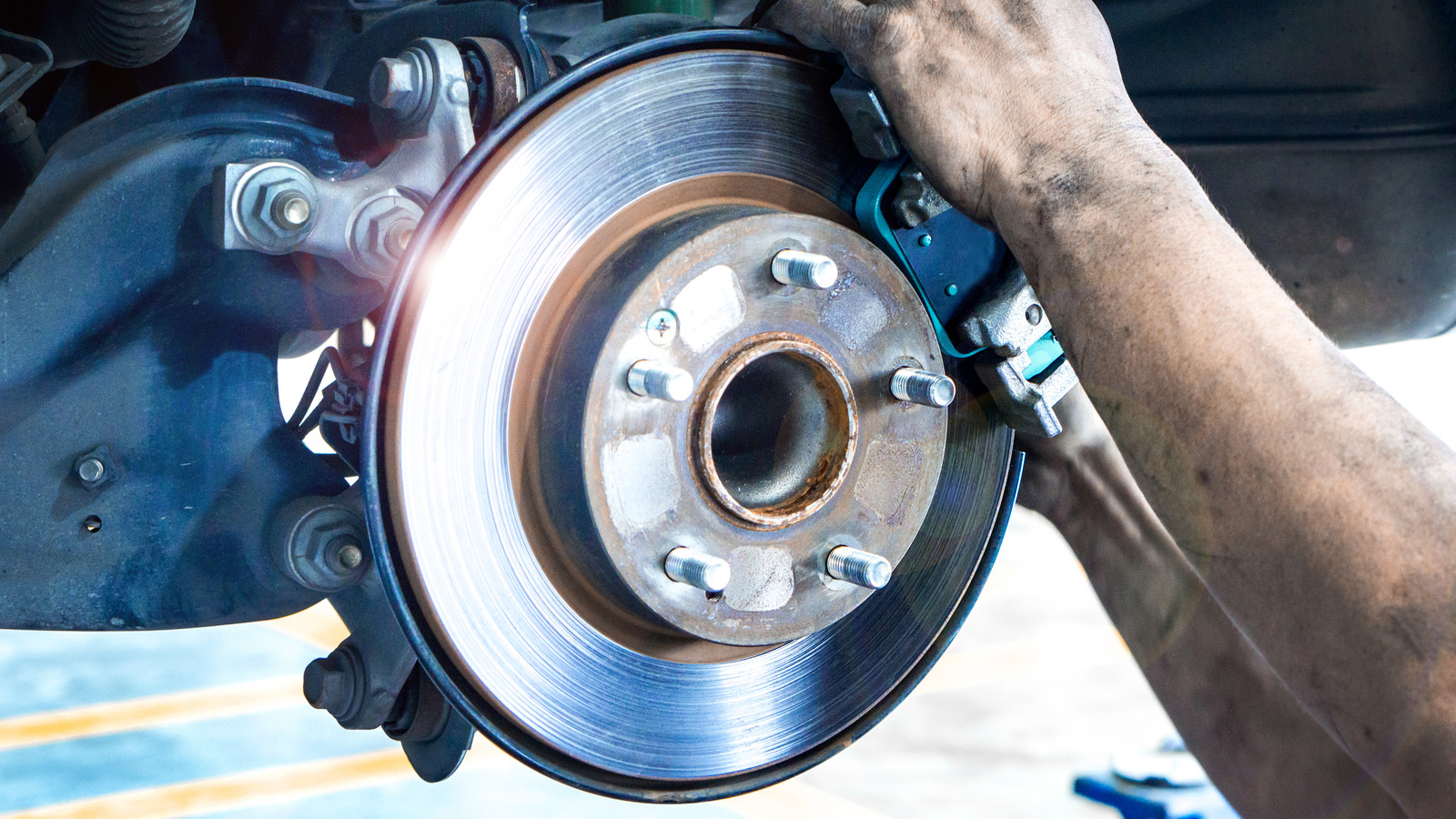If the issue is simply one of condensation, parking in a garage or other climate-controlled area overnight should eliminate the problem, and gently applying the brakes early in your driving day should make the noise less prominent or go away altogether. Under this circumstance, applying WD-40 might help displace the water and quiet your brakes, but unless you’re going to do this every morning it won’t really be a useful tactic.
Squeaky brakes can also be a signal that your brake pads are nearing the end of their life and need replacement, making the noise an important safety warning. Spraying WD-40 on your brakes can also damage the rubber seals on the caliper seals and brake lines, causing hydraulic fluid leaks and other potentially dangerous failures of your brake system. Sometimes the source of brake noise is a stuck drum (many vehicles have drum brakes on the rear wheels).
If your drum brakes are sticking, use a brake lubricant instead of WD-40, and apply it to the backing plate where the brake shoe sits and not to the front brake rotors. Applying brake lubricant between disc rotors and pads will severely compromise disc brake performance and could lead to a crash.
Denial of responsibility! My Droll is an automatic aggregator of Global media. In each content, the hyperlink to the primary source is specified. All trademarks belong to their rightful owners, and all materials to their authors. For any complaint, please reach us at – [email protected]. We will take necessary action within 24 hours.


